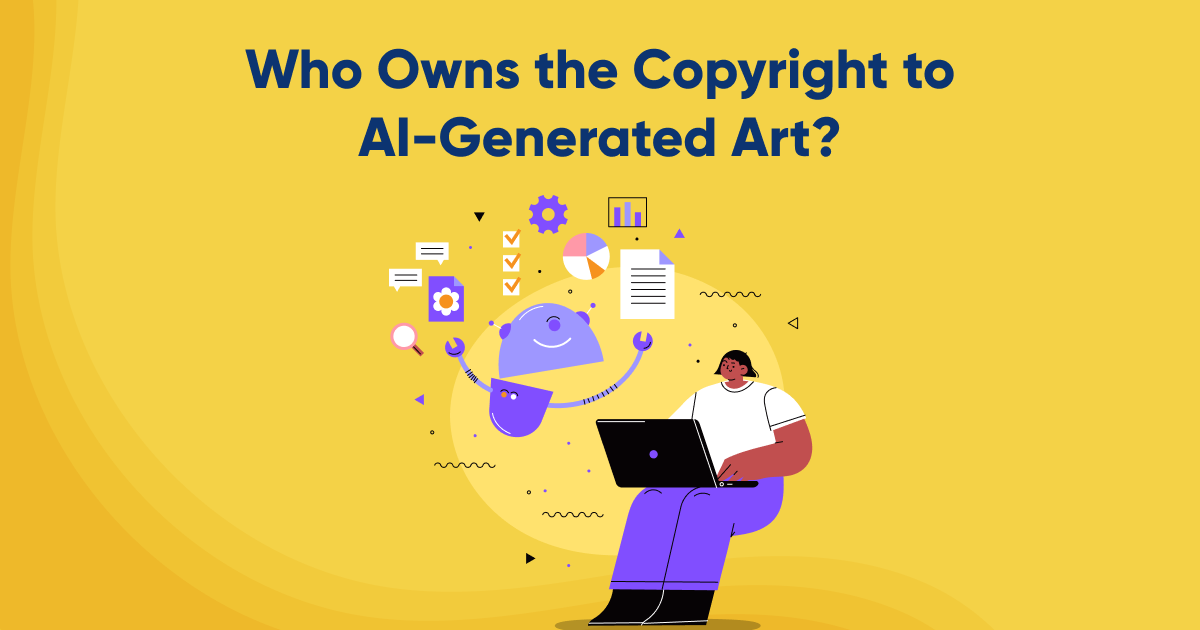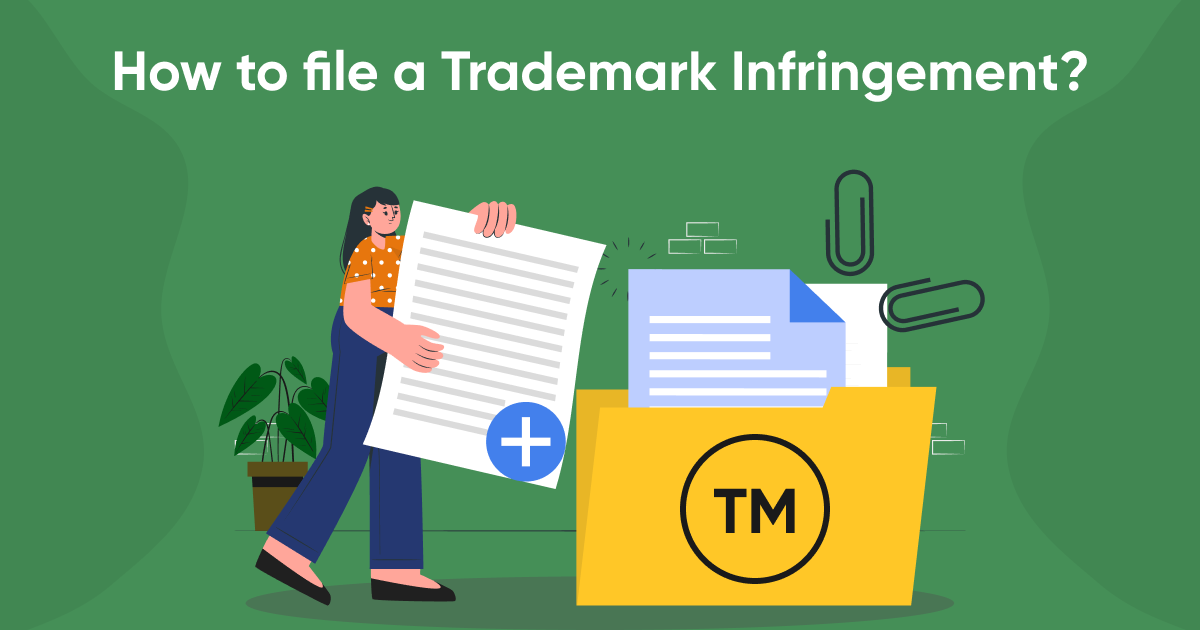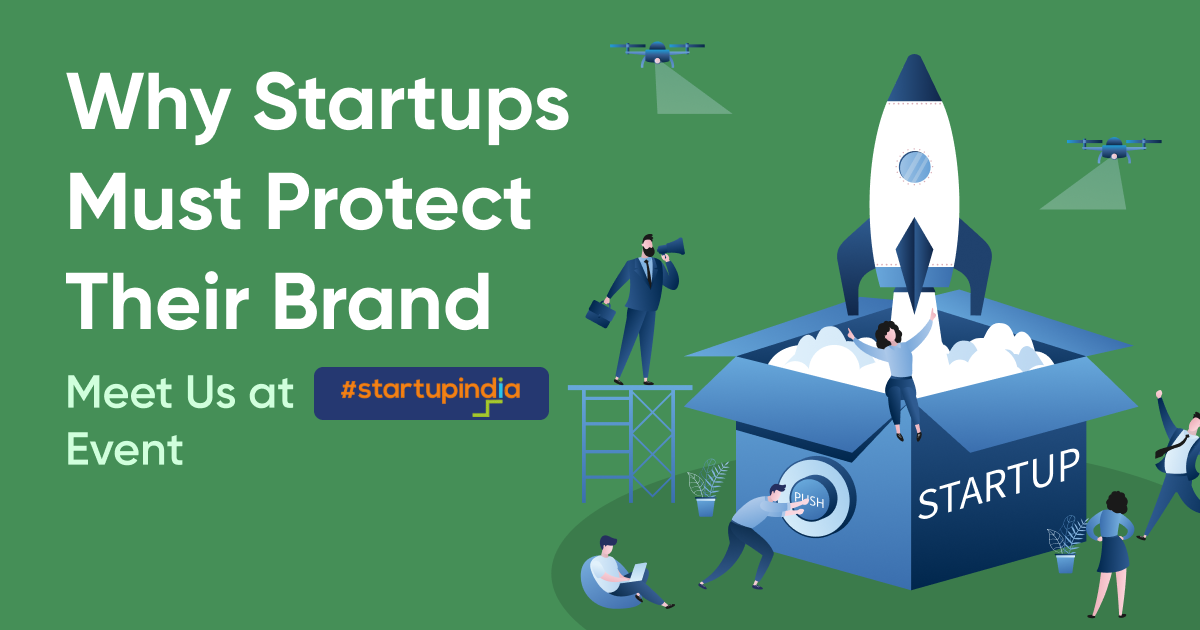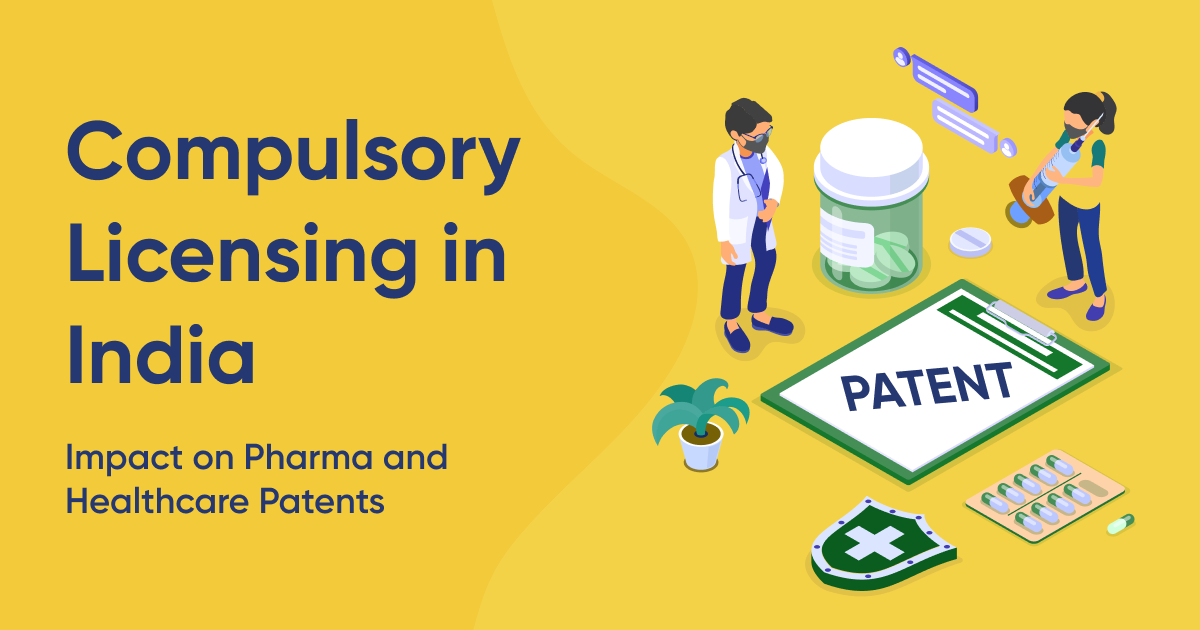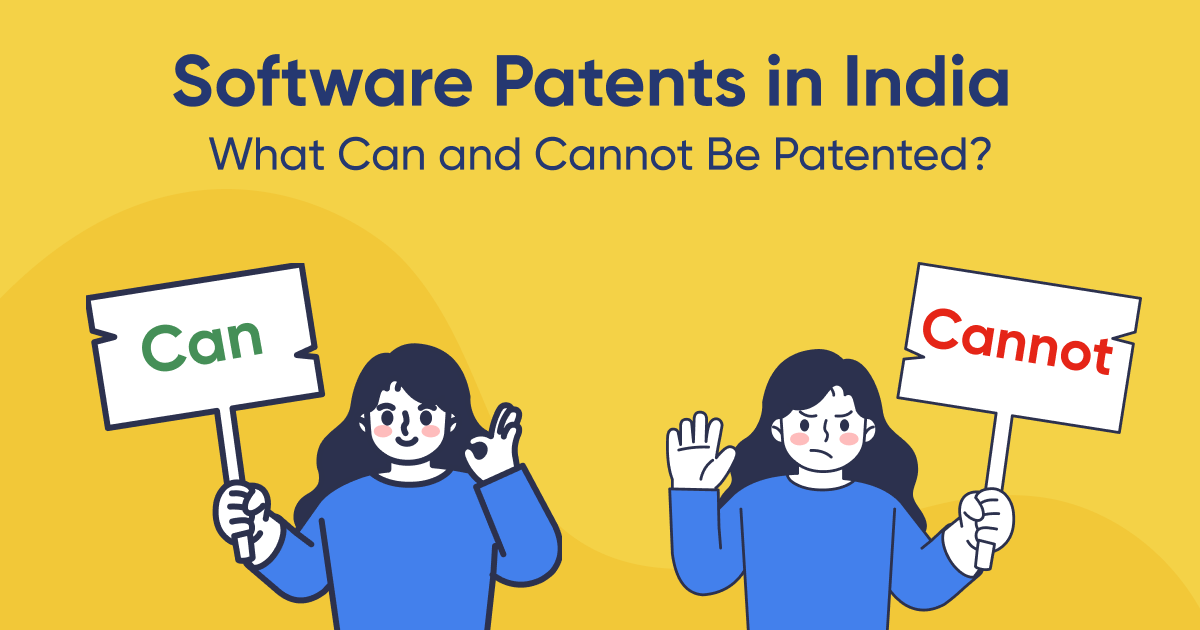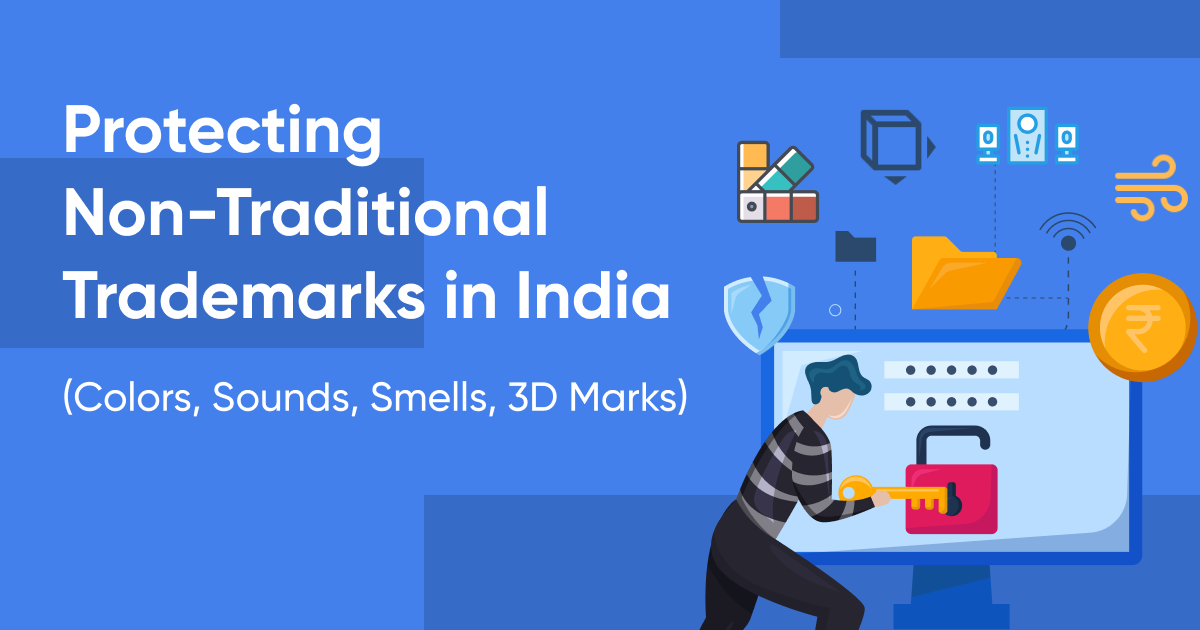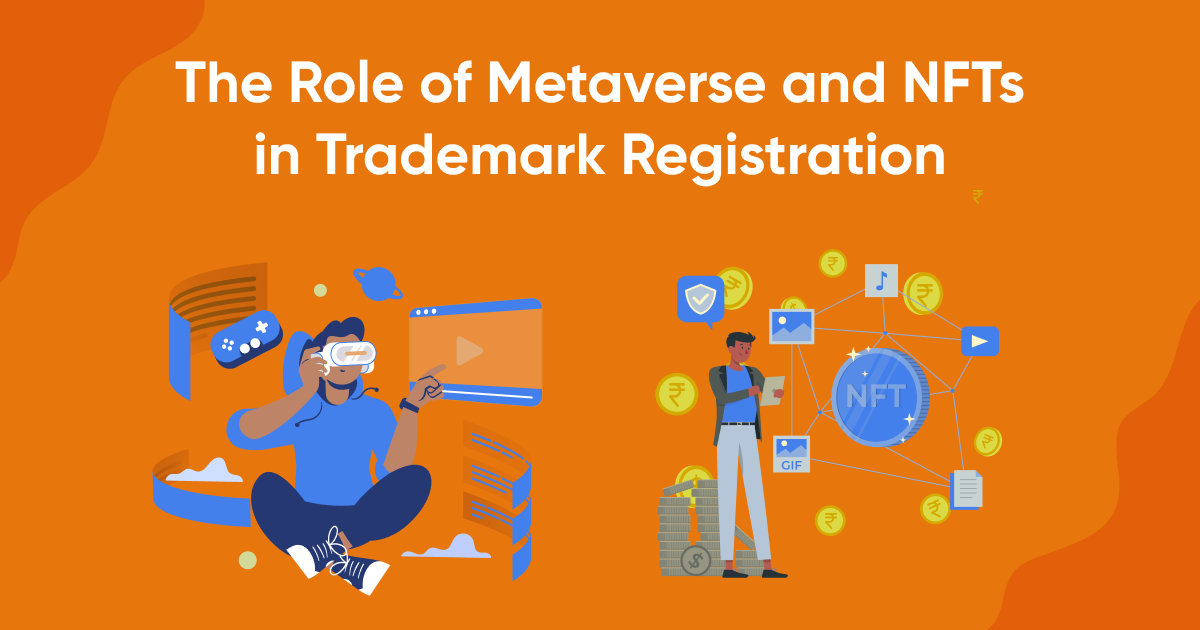AI-generated art is a hot topic these days. As more people use artificial intelligence (AI) to create art, a big question arises: Who owns the copyright to AI-generated art? In this blog, we'll break down the basics of copyright law in India, look at different views on who should own the rights to AI art, and give you some tips on protecting your creations.
What is AI-generated art?
AI-generated art is artwork made with the help of artificial intelligence. AI programs like GANs (Generative Adversarial Networks), DALL-E, ChatGPT, and Gemini can create unique images, music, content and more. These tools use algorithms to produce art that often looks like it was made by humans.
The Human Role in AI-Generated Art
Creating AI art involves a lot of human effort. The human artist designs, trains, and tweaks the AI model. This includes picking the data the AI learns from, adjusting the settings, and choosing the best results. Even though the final piece is made by AI, the human artist plays a big part in the process.
What Does Copyright Protect?
Copyright law protects original works of art, giving the creator exclusive rights to reproduce, distribute, and display their work. For something to be copyrighted, it must be original and created by a human.
Copyright Law and AI-Generated Art in India
Basics of Copyright in India
Under the Copyright Act of 1957, copyright protection in India is granted to original works of authorship fixed in a tangible medium of expression. Copyright holders have exclusive rights to reproduce, distribute, display, and perform the work. To qualify for copyright protection, the work must be original and possess a minimal degree of creativity.
Issues with AI Art
AI-generated art creates problems for traditional copyright laws. The main issue is that AI, not a human, creates the art. This raises questions about whether the AI, the human who designed the AI, or someone else owns the copyright.
Different Views on Copyright for AI Art
The Human Artist's View
Many people believe that the human artist who designed and trained the AI should own the copyright. This view emphasizes the artist's creative input and hard work in guiding the AI's output.
The AI's View
Some think that the AI itself could be considered the creator and thus own the copyright. This idea challenges traditional views of authorship and ownership since AI isn't a human. Current copyright laws don't recognize AI as a legal entity that can own copyright.
The Public Domain View
Another opinion is that AI-generated art should be in the public domain, meaning no one owns the copyright. Supporters of this view argue that since AI lacks human creativity, its works should be free for everyone to use.
Legal Views in India
In India, the Copyright Office has not issued specific guidelines for AI-generated art. However, under the current Copyright Act, only works created by humans can be copyrighted. This means AI-generated art may not qualify for copyright protection in India unless there is significant human involvement in the creation process.
ChatGPT, Gemini, and AI-Generated Content
Tools like ChatGPT and Gemini are used to generate a variety of content, including text, images, etc. The copyright issues surrounding these tools are similar to those of other AI-generated works. The primary question remains: who owns the copyright?
Human Involvement in Content Creation
When using ChatGPT or Gemini, the human user plays a crucial role in providing prompts, refining responses, and editing the final output. This human involvement can support the claim that the resulting content is a collaborative effort between the human and the AI, potentially allowing the human to claim copyright.
Lack of Clear Legal Framework
Currently, Indian copyright law does not provide clear guidelines on how to handle AI-generated content. Until specific laws are enacted, the safest approach is to document the human role in the creation process thoroughly and consult with legal experts to navigate copyright claims.
How to Protect Your AI-Generated Art in India
With the legal situation unclear, here are some steps to protect your AI-generated art in India:
- Document Your Work: Keep records of your role in designing, training, and tweaking the AI. This can help prove your creative input.
- Get Legal Help: Talk to our attorneys who specialize in AI and copyright law. They can give you advice on protecting your rights.
- Use Other Protections: Consider using trademarks or patents if they apply to your work.
- Make Agreements: If you work with others, use clear agreements to define ownership and usage rights.
Conclusion: The Future of AI-Generated Art in India
The question of who owns the copyright to AI-generated art is still up in the air. As AI continues to change the art world, laws will need to adapt. Artists and tech enthusiasts in India should stay informed and take steps to protect their creations.
If you use AI to make art and want to protect your rights, talk to legal experts and explore all your options. For more info on copyright registration and legal support, visit Trademarkia today.
Frequently Asked Questions
Can ideas be copyrighted?
No, ideas themselves cannot be copyrighted. Only the specific expression of an idea, such as a book or a painting, can be protected by copyright.
What is involved in copyright registration in India?
Copyright registration in India involves submitting an application with the Copyright Office, along with the required fee and copies of the work. Once approved, the copyright holder gets a certificate of registration.
What does copyright law protect?
Copyright law protects the rights of creators by granting them exclusive control over the use and distribution of their original works. This includes the right to reproduce, distribute, perform, and display the work.
Is it legal to publish a book written by AI?
Currently, publishing a book written entirely by AI can be legally complex. Most copyright laws require human authorship for copyright protection, so an AI-written book might not be eligible for copyright.
Who owns the copyright in works created by artificial intelligence?
This is a debated issue. Some believe the human who designed and trained the AI should own the copyright, while others think AI-generated works should be in the public domain. Current laws do not recognize AI as a copyright holder.
Can AI-generated content be monetized on YouTube?
Yes, AI-generated content can be monetized on YouTube. However, it's important to understand YouTube's policies and copyright laws to ensure you have the rights to the content you upload.
